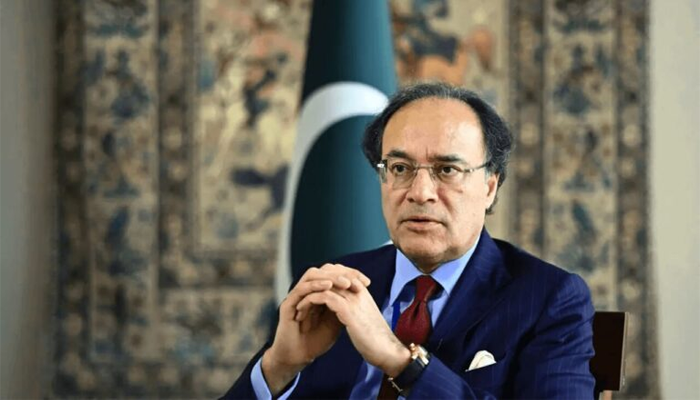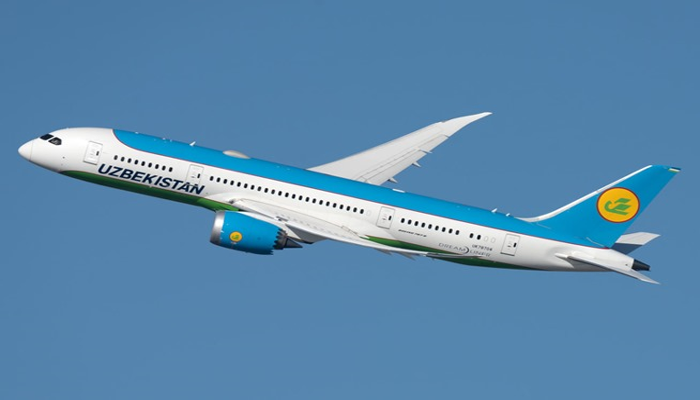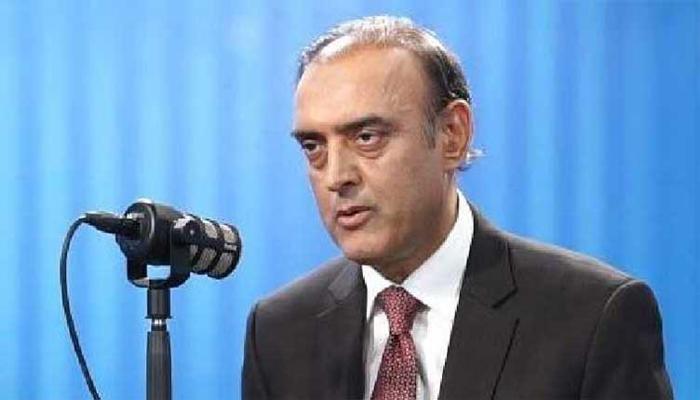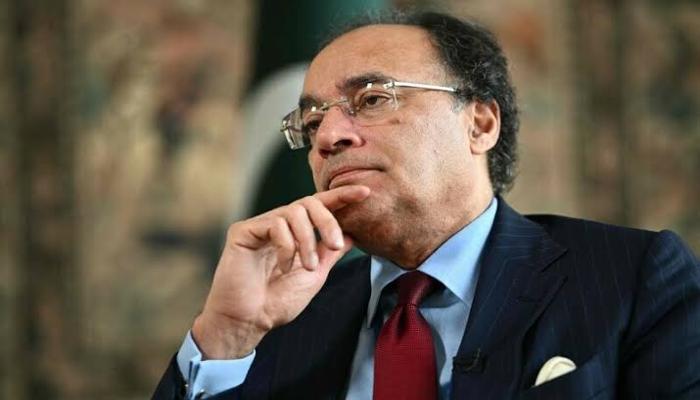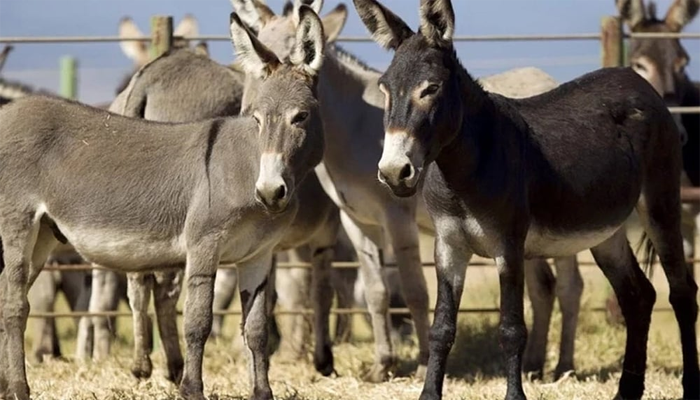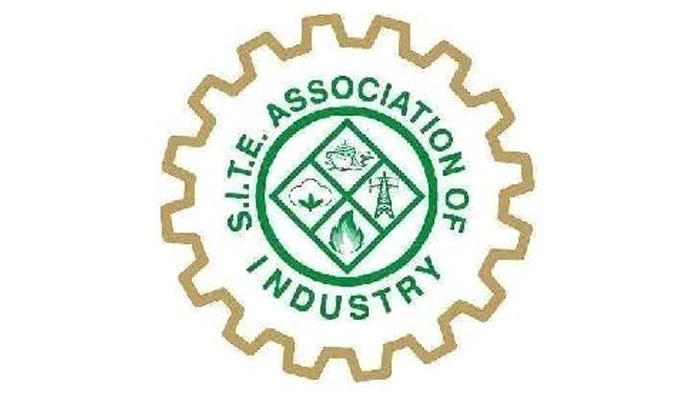LAHORE: Pakistan’s economy is showing signs of stabilisation, with inflation easing and investor confidence gradually returning, Finance Minister Muhammad Aurangzeb said on Saturday. Speaking to traders and business leaders at the Lahore Chamber of Commerce and Industry, Aurangzeb attributed the positive trend to recent policy reforms and coordinated economic efforts by the government.
“The economy is heading in the right direction,” the finance minister stated. “We are committed to supporting industry and ensuring that investors receive all necessary facilities. The business community’s concerns must be prioritised.”
He highlighted the central bank’s recent decision to lower the policy rate as a critical move in encouraging business activity and facilitating economic recovery. The rate cut, he noted, has improved credit availability and lowered the cost of doing business—key factors in promoting industrial growth.
Aurangzeb stressed that sustainable economic stability depends on the revival of industry, which the government is supporting through structural reforms and efforts to reduce input costs. He emphasised that a vibrant industrial base is crucial for job creation and long-term growth.
Addressing the issue of inflation, the minister said that the government is taking concrete steps to ensure that the benefits of declining inflation are felt by ordinary citizens. “We are closely monitoring the prices of essential commodities to make sure the common man feels the relief,” he said, adding that middlemen would not be allowed to exploit the system.
As part of broader economic reforms, the finance minister announced that 24 state-owned enterprises (SOEs) will be privatised. He also revealed that the upcoming federal budget will include tax relief measures for salaried individuals, who he said shoulder a disproportionately high share of the tax burden.
Aurangzeb also pointed to sectors with high economic potential, including minerals and information technology, identifying them as "game-changers" for Pakistan’s future. “Our copper reserves could bring benefits similar to Singapore’s $22 billion nickel exports,” he remarked.
To encourage foreign investment, he said the government had successfully removed obstacles to profit repatriation, a step welcomed by international investors.
“The Prime Minister is personally leading the economic revival,” Aurangzeb concluded. “You’ll soon see the results of these collective efforts as Pakistan moves toward greater economic resilience and inclusive growth.”

